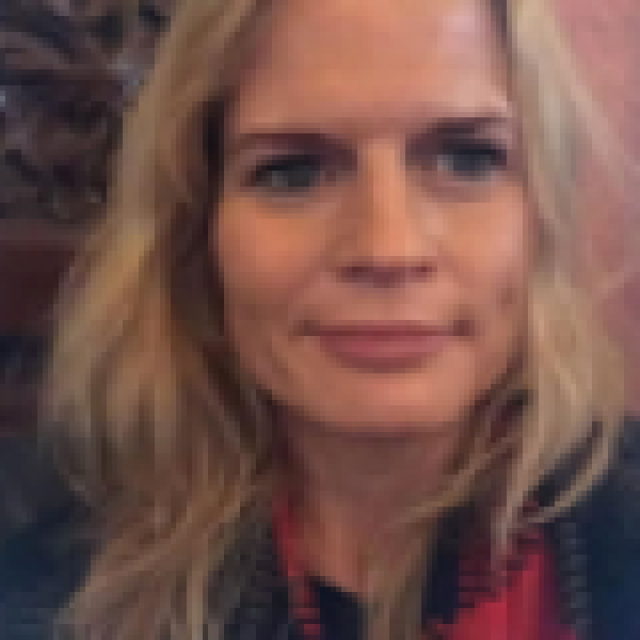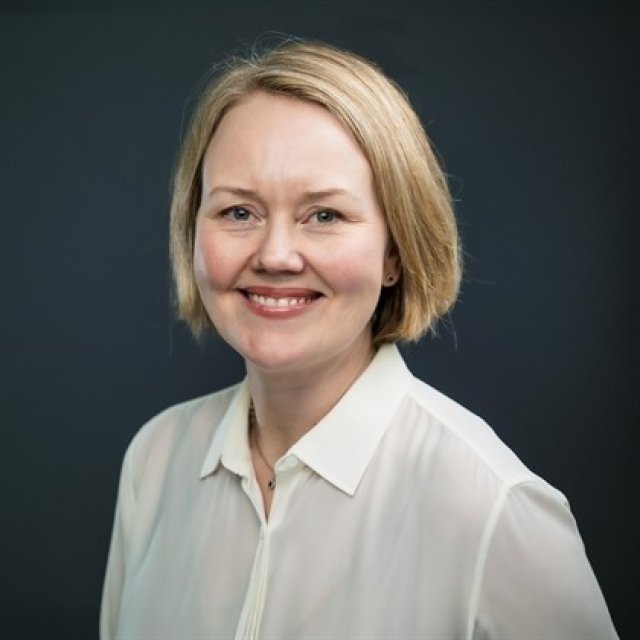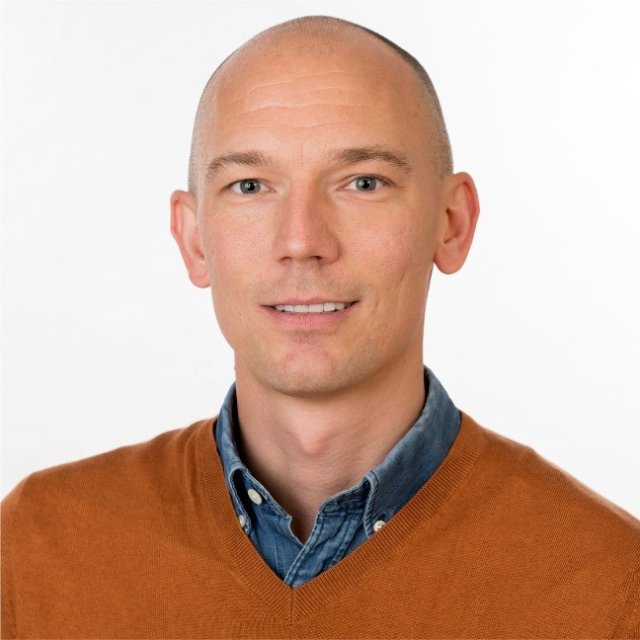WP3 PROCEDURAL JUSTICE ACROSS INSTITUTIONS AND SERVICES FOR CHILDREN AND YOUNG PEOPLE
Leader: Ingrid Rindal Lundeberg; Co-leader: Heidi Moen Gjersøe
Researchers: Bjørn Hallstein Holte, Torbjørn Gundersen and Halvor Hanisch
WP3 is founded on the conviction that the services and institutions to be examined within PATHWAYS are not solely subject to national legislation, but also deeply rooted in human rights frameworks such as the European Convention on Human Rights and the UN Convention on the Rights of the Child. WP3 will investigate these interacting services as manifestations of human rights protection and analyse movements between services, services interactions and discretionary decisions as matters of procedural justice (Tyler, 2016). WP3 will focus on three situations where procedural justice comes into play: (i) the role of NAV and child welfare services at the point of transitions and aftercare; (ii) decisive encounters in the correctional justice chain; (iii) encounters in respite care where justice is brought into question. Given the emphasis on procedural justice, WP3 highlights young individuals’ ability to participate in the decisions shaping their lives. In doing so WP3 will illuminate procedural blind spots and contribute towards a more equitable access to justice for children and young people.
Research
Methods and data sources
- Regarding court interaction, WP3 will observe ongoing U18 criminal trials, as well as key events in the restorative process, including youth meetings. WP3 will also conduct interviews with young people, parents, conflict resolution council employees,youth coordinators and judges.
- Regarding NAV, WP3 will follow young people from the time of first contact with NAV and through their encounters with NAV. WP3 will use retrospective interviews; analysis of written assessments and activity plans and follow-up interviews.
- Regarding disability services, WP3 will use the lens of procedural justice to inform further analysis of fieldwork data collected in WP2. We will also carry out documentary analysis of two situations where justice, or lack of it, is crucial: decisions on residence (moving from a combination of family life and respite care into a group home), and documents on so-called "unwanted incidents" in respite care and group homes for children.
Research questions
- How are the children and young people acknowledged, or at least present, in discretionary decision-making processes?
- How are normative grounds, related to “the best interest of the child” visible in these processes?
- How do young people experience access to justice in NAV, court or other places of decisions?
- How can these processes better promote central principles of procedural justice?



